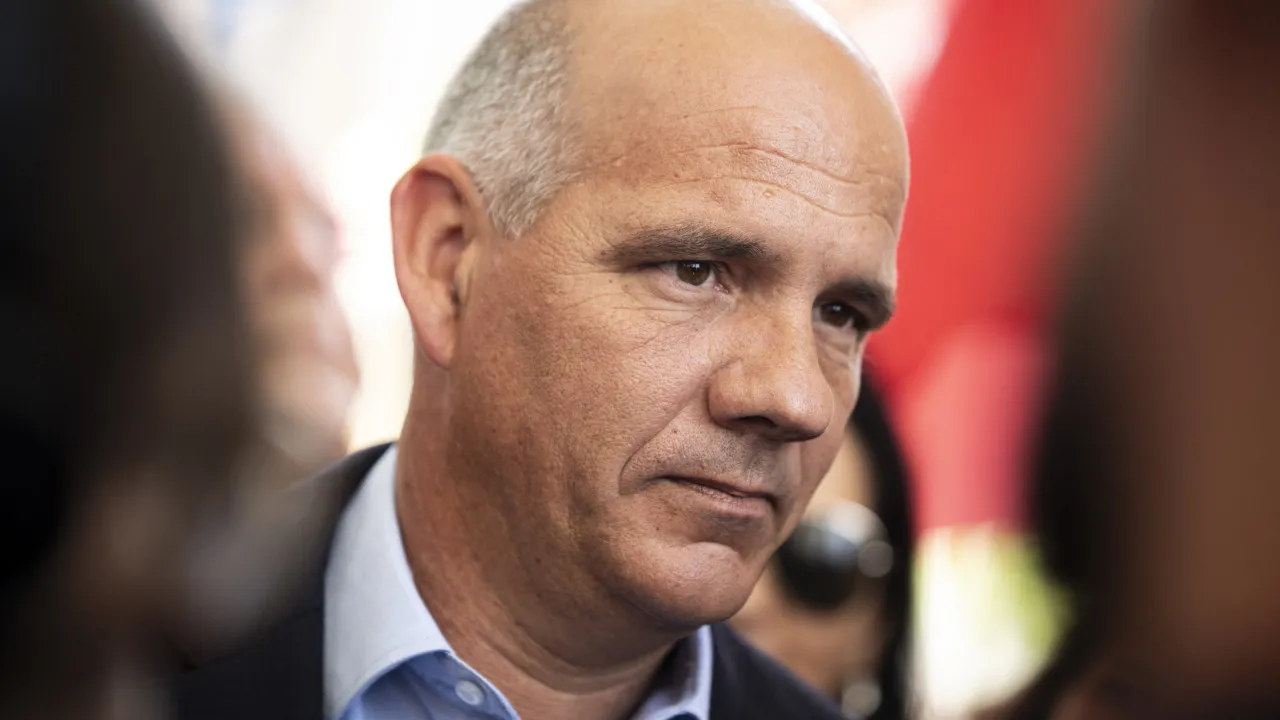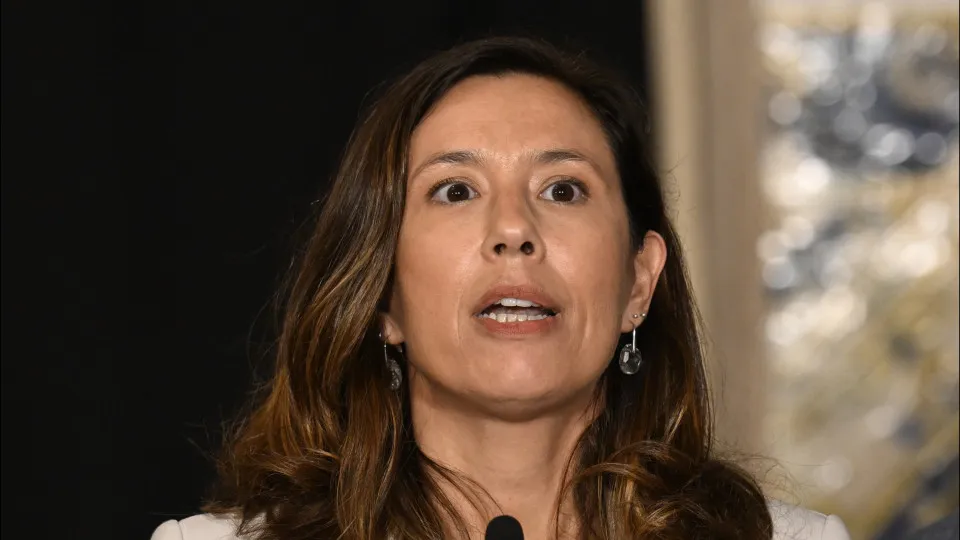
During a public session in Rio de Mouro, Sintra, to present local election candidates, Paulo Raimundo criticized statements by Prime Minister Luís Montenegro, who reiterated his intention to revisit labor legislation, including the strike law, with the aim of establishing minimum services that guarantee “greater proportionality” between rights.
The PCP Secretary-General questioned whether this review of labor legislation proposed by the Prime Minister will address “the brutal precariousness affecting the vast majority of workers,” or if it will lead to increased salaries and improved working conditions.
He promptly answered: “No.”
The Prime Minister, Raimundo claimed, wants to “change labor laws to pressure more rights, impose more precariousness, impose longer work hours. This is not what serves the majority, those who work, who create wealth, who keep the country running,” he accused.
Later, in statements to journalists, Paulo Raimundo was asked if he was concerned about potential changes to the strike law and replied that it is a “banana peel for workers to slip on.”
The PCP Secretary-General stressed that the Prime Minister “will try to impose limitations on the right to strike” and will face a response from the workers. However, “the underlying problem” is that the executive has “no willingness to resolve” issues such as collective bargaining, deregulated work hours, or reintroducing more favorable treatment for workers.
“What does the Prime Minister want to do? Does he want to solve any of these problems or accentuate them? He wants to accentuate them,” he accused.
When asked if he considers this threat to change the strike law as a smokescreen by the government to avoid dealing with other rights, Paulo Raimundo said it’s “not a smokescreen” and does not minimize the impact of the measure.
“What the Government is now saying is completely surreal. Basically, it’s saying this: the right to strike is not at risk as long as people go to work,” he criticized, highlighting that minimum services already exist and are in force in sectors such as health.
In his speech, Paulo Raimundo accused Chega, PS, and IL of supporting the measures being advanced by PSD and CDS, labeling these five parties as a “quintet of regression going against what is needed.”
“When it’s necessary to increase salaries, this quintet presents and proposes more precariousness, more deregulation of working hours, more attacks on rights,” he stated.
Paulo Raimundo specifically criticized the Government’s proposal to reduce IRS, noting that it effectively means “10 cents a day” more for the majority of workers, challenging other parties to approve the PCP’s proposal on this tax, which aims to reduce the rate on the first and second brackets and create a new bracket for those earning an annual salary above 250,000 euros.
Towards the end of the speech, in a municipality with a large immigrant population, Paulo Raimundo criticized parties, implicitly referring to Chega, that use a “lying and demagogic agenda” to “divide workers, communities, and youth.”
“Blaming the poor for our own poverty, blaming other workers for the fundamental reason of our exploitation, is giving shape and space to the minority” that is “growing at the expense of our work and our division,” he warned, before appealing for worker unity.
“Unity, unity, unity to combat those who exploit us and seek to push us forward,” he urged.




